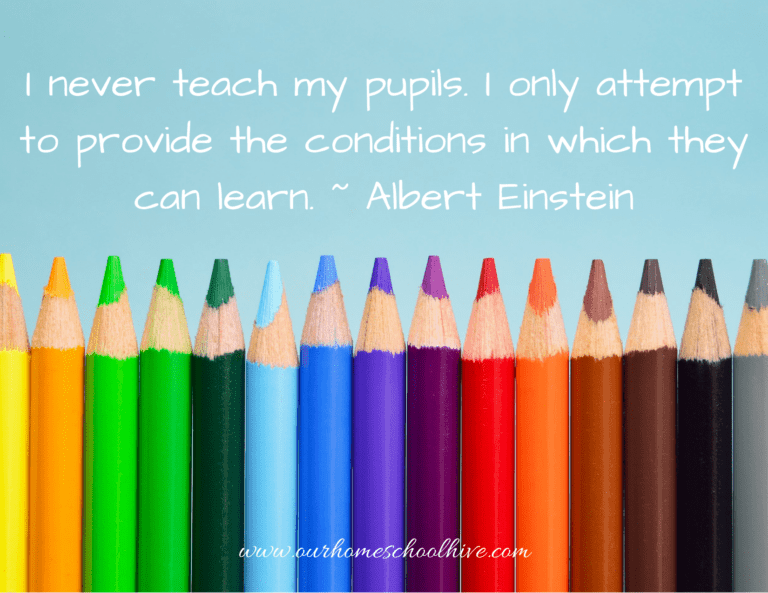📚📕 5 Amazing Reasons To Read to Kids🧠📖
We may earn money from the products/companies mentioned in this post. As an Amazon Associate I earn from qualifying purchases. For more information, read our Terms & Disclosures.
Want to know WHY it’s so important to read to kids?
Discover the transformative power of reading to kids with our top five reasons that go beyond just learning new words. Unveil how storytelling nurtures empathy, sparks creativity, and strengthens the parent-child bond in ways that will amaze you.
As a mom, I can confidently say that reading to my kids has been an invaluable experience. Not only does it foster a strong bond, but it also sparks their imagination and creativity.
Through the magic of storytelling, I’ve witnessed their language skills flourish and their curiosity grow. Moreover, reading together opens the door to meaningful discussions about life, values, and emotions. It instills a love for learning that extends beyond books.
The joy in their eyes when we embark on literary adventures is priceless, making every moment spent reading to my kids truly matter.

Benefits Of Reading To Kids
Enhanced Language Skills
Enhanced language skills result from regular exposure to reading, storytelling, and engaging conversations. Children who are read to regularly have larger vocabularies, stronger grammar, and improved comprehension.
These skills not only aid academic success but also foster effective communication and self-expression throughout their lives.
Cognitive Development
Cognitive development refers to the intellectual growth and processes that occur in a child’s brain.
Reading, problem-solving, and critical thinking activities are vital in stimulating cognitive development.
These experiences help kids build essential skills, such as memory, attention, and reasoning, laying a foundation for lifelong learning.
Stronger Bond
Reading together fosters a stronger bond between parents and children.
The shared experience of exploring new worlds, discussing characters, and exchanging emotions creates a nurturing connection.
The intimate moments spent in each other’s company during storytime become cherished memories, deepening the parent-child relationship.
Improved Concentration
Regular reading cultivates improved concentration in children.
Engaging with stories requires sustained attention and focus, encouraging them to stay immersed in the narrative.
As their ability to concentrate improves, children become better equipped to tackle challenges and excel in various academic and everyday tasks.
Empathy and Emotional Intelligence
Reading books with diverse characters and emotional themes nurtures empathy and emotional intelligence in children.
They learn to understand and relate to different feelings and perspectives, fostering compassion and interpersonal skills.
This emotional awareness equips them to navigate social situations with empathy, kindness, and a deeper understanding of others.
Tips for Reading To a Newborn
Reading to a newborn can be a delightful and beneficial experience. Here are some tips to make it enjoyable for both of you:
- Opt for board books with large, bright images and minimal text. Newborns are attracted to high-contrast colors and simple shapes.
- Find a quiet, comfortable spot to read. Hold your baby close or place them on your lap for that extra sense of security.
- Vary your tone and pitch while reading to captivate their attention. Babies are drawn to melodic and soothing voices.
- Make eye contact with your newborn as you read. This reinforces the emotional connection between you both.
- Let your baby touch and explore the book. Soft textures or interactive elements enhance the sensory experience.
- Reading at consistent times, like before nap or bedtime, helps create a reading routine that can have a calming effect on the baby.
- Pay attention to your baby’s cues. If they seem disinterested or fussy, take a break and try again later.
- Remember, the primary goal is to bond and create positive associations with reading. Be patient and savor these early moments of literary exploration with your precious newborn.
Benefits of Reading To Newborns
Early Language Development
Reading to newborns exposes them to the rhythms and patterns of language, aiding in the early development of their listening and speaking skills.
This lays the groundwork for future language acquisition and communication abilities.
Bonding and Emotional Connection
Reading provides a special bonding experience between parents and newborns.
The soothing sound of a parent’s voice and close physical contact during reading time fosters a sense of security and emotional attachment.
Cognitive Stimulation
Although newborns may not understand the words, engaging them with colorful pictures and varied textures in books stimulates their senses and cognitive development.
This early exposure to visual stimuli supports their brain’s growth and curiosity about the world around them.
Benefits Of Reading To a Toddler
- Language Development: Reading to a toddler enhances their vocabulary, language comprehension, and speaking skills. Exposure to various words and sentence structures aids in their language development, helping them express themselves more effectively.
- Cognitive Growth: Storytime stimulates a toddler’s imagination and critical thinking abilities. They learn to make connections between the story and their own experiences, improving their cognitive skills and problem-solving capabilities.
- Emotional Bonding: Reading together strengthens the emotional bond between parents and toddlers. The shared experience fosters feelings of security and trust, creating a positive association with books and learning that can last a lifetime.
Benefits Of Reading To Young Children
- Academic Readiness: Reading to young children lays the foundation for academic success. Exposure to books and early literacy skills helps prepare them for formal education, making the transition to school smoother.
- Enhanced Imagination and Creativity: Immersing young children in imaginative stories and captivating illustrations sparks their creativity. They learn to visualize and explore worlds beyond their immediate surroundings, nurturing their imaginative faculties.
- Stronger Parent-Child Bond: Reading together creates precious bonding moments. It fosters a close and loving relationship between parents and young children, building trust and a sense of security that positively impacts their emotional well-being.
📚 Embark on a Literary Journey with Your Child! Discover our ‘Ultimate Guide to Choosing the Perfect Books for Kids: From Toddlers to Tweens’ — your comprehensive roadmap to unlocking the magic of reading at every stage of your child’s development. Whether your little one is just grasping board books or your tween is diving into complex worlds, our guide serves as your trusted companion in nurturing a lifelong love for reading. Dive into our guide and watch your child’s imagination and knowledge soar with every page turned!
Tips For Reading To Young Children
- Select age-appropriate books with captivating stories and colorful illustrations that spark curiosity and imagination.
- Use animated voices and facial expressions to bring the characters and story to life, captivating their attention.
- Involve children by asking questions, discussing the plot, and letting them turn the pages. This fosters engagement and active learning.
- Set aside dedicated reading time daily to create a comforting and predictable ritual.
- Allow children to ask questions and explore the book at their pace. Patience encourages their curiosity and love for reading.
- Relate the story to their experiences to make it more relatable and meaningful.
- Incorporate props or toys related to the story to enhance the storytelling experience.
- Design a cozy and inviting space for reading, filled with books and comfortable seating.
- Let children see you enjoy reading too, as they often imitate the behavior of adults around them.
- Celebrate their interest in reading and praise their efforts, fostering a positive attitude towards books and learning.


